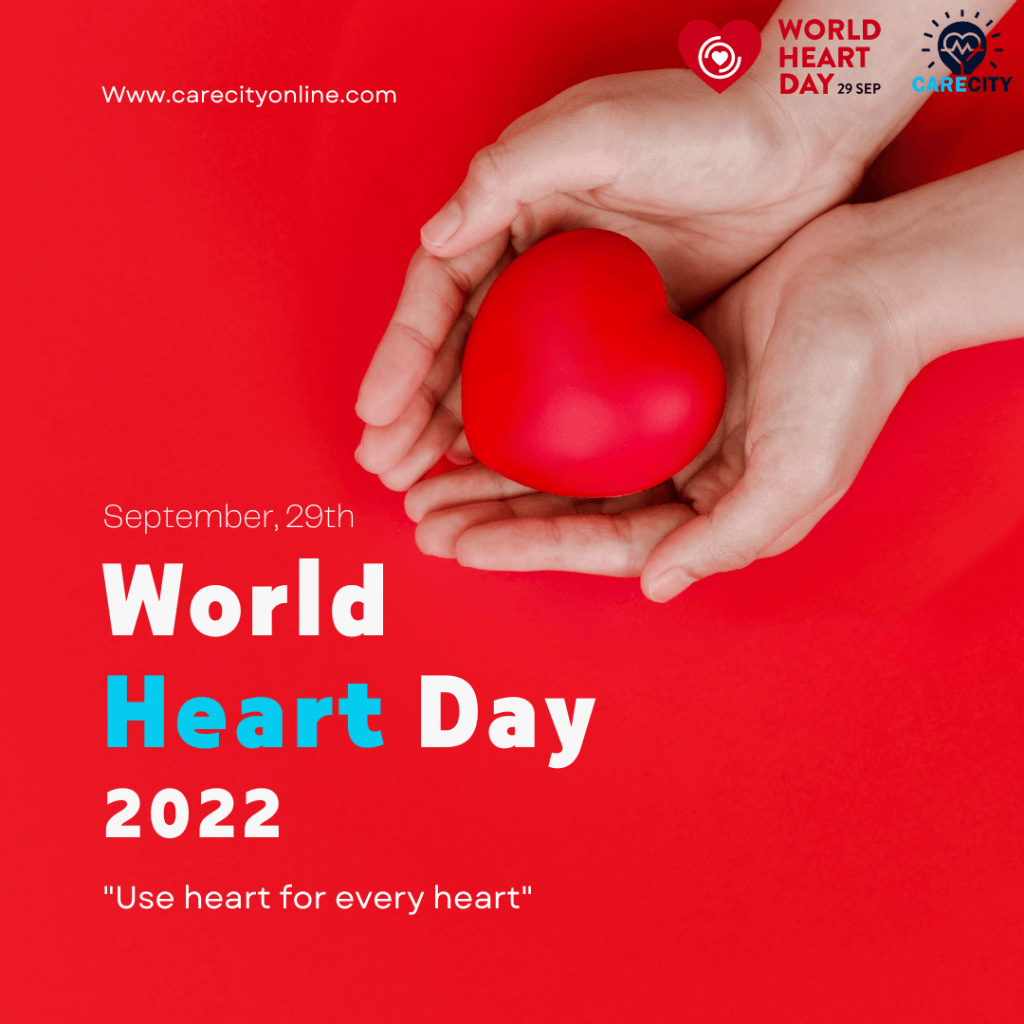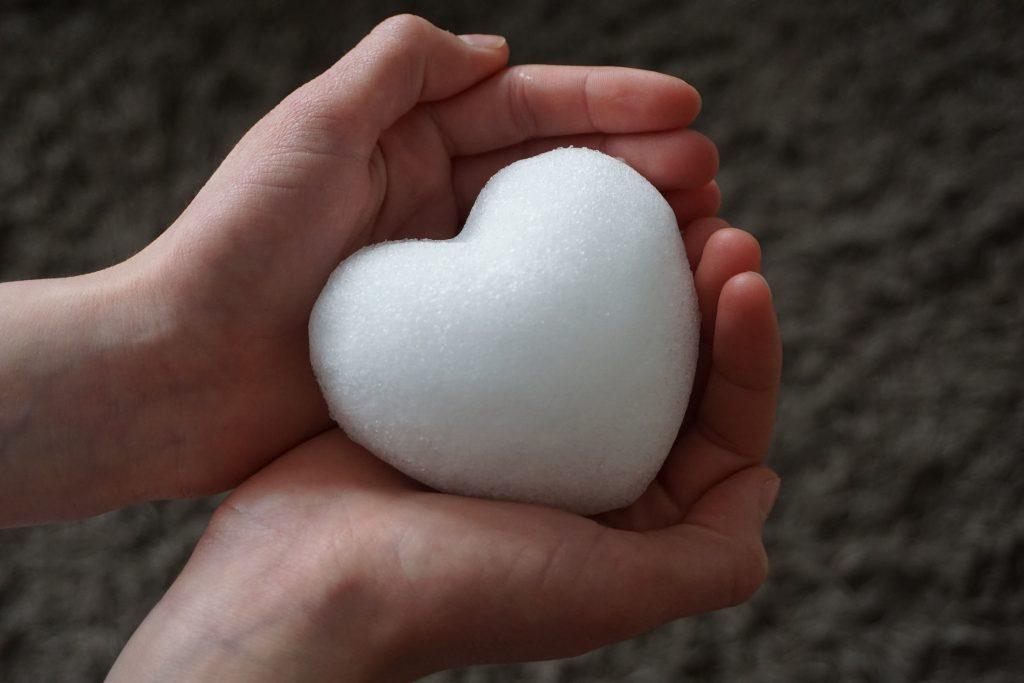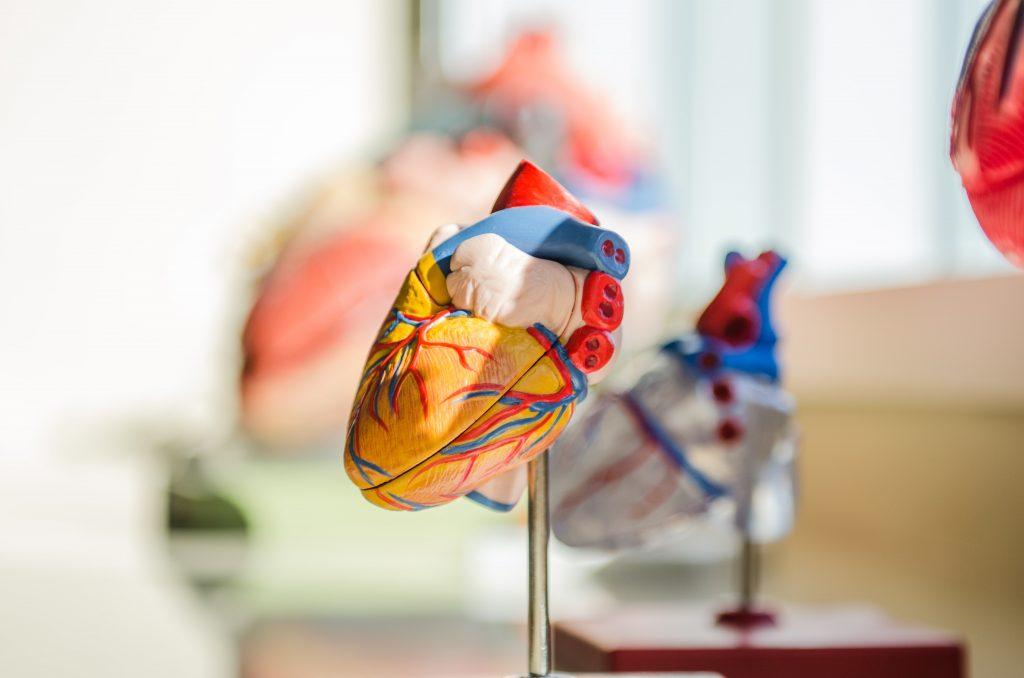
“Use heart for every heart”
The heart is a unique organ and also a significant cultural symbol.
It’s both an emblem of strength, courage, and life and one of the most important organs in the human body.
The heart is the “chamber of life.”
It is the primary circulatory organ in the human body, responsible for supplying [circulating] blood to every other organ in the body.
There won’t be any life within us if the heart isn’t dedicated to its natural duty.
World Heart Day is a gentle reminder to humanity of the importance of “The Heart”. Of both its physiological importance and its cultural significance.
Beating cardiovascular diseases, the leading cause of death globally, is the duty of every human being who has a beating heart in their chest.
Use Heart

Use Heart means to think differently. To make the right decisions. To act with courage. To help others. To engage with this important cause. The heart is the only organ you can hear and feel. It is the first and last sign of life. It is one of the few things with the potential to unite all of us as people.
World Heart Day
This year’s World Heart Day’s message is focused on three main pillars [and beneficiaries].
One: For Humanity
We all must be involved in spreading the good news about heart care. It’s my duty, it’s your duty to make sure more people know the importance of cardiovascular health. Get involved with activities and campaigns like World Heart Day. Use your platforms, skills, talents, resources, and time to spread the good news. You don’t have to wait for another World Heart Day to get pumped up and excited about spreading the good news of heart day.
Every day is a good day to spread the good news.
Two: For Nature
Our environment directly affects our health. Air pollution and all other kinds of environmental pollution are responsible for all sorts of diseases.
How can we change this? Simply by making the right choices.
We all must become advocates for clean and sustainable energy. We must fight and support efforts to stop climate change. There’s something you can do. Look around you.
Three: For You
And most importantly, for you. Without you, we won’t be able to do anything. You are the most important actor in this movie. We need you to keep the world healthy. We need you to spread the good news. And we need you to stay healthy.
Staying “Cardio Healthy”

It’s not just about having access to information on how to take good care of your health; what matters most is whether you really do make use of the abundant information available on the internet.
There’s so much information on the internet on how to stay healthy, yet we still have many people coming down with preventable non-communicable diseases.
Today, I urge you to make up your mind [take a pledge right now] that you will live a healthy life, and by doing so, you will spread the message of living healthy.
And living healthy will always start with your cardiovascular health.
I know you have read articles and blog posts on “how to take care of your heart” online on numerous blogs, health websites, and CDC websites. However, there’s nothing wrong if we keep repeating it.
- Know your health and family history: Study your family history and take note of the health trends. If one or both of your parents are hypertensive, then you must be more cautious. You should also keep track of your health history. Take note of symptoms and other physiological changes and anomalies that occur over time.
- Eat a healthy diet: Avoid eating foods high in saturated and trans fat, instead go for foods high in fibre and low in saturated and trans fat. Limit sodium [salt] and sugar intake. Take lots of water.
Learn more about healthy diet and nutrition on the CDC’s Nutrition, Physical Activity, and Obesity Website
- Move more, sit less: Sitting is the new smoking. Don’t live a sedentary lifestyle. You are killing yourself by sitting down all day and doing nothing. Get active. Hit the gym, take walks, do cardio, and just get active. Move… Adults should do 2 hours and 30 minutes of moderate-intensity exercise, like brisk walking, jogging, and bicycling, every week. Children and adolescents should do 1 hour of physical activity every day, while adults should do 2 hours and 30 minutes of moderate-intensity exercise, like swimming, walking, etc.
- Quit smoking: Smoking is bad for your health, besides, it doesn’t even add anything to you. Instead, it takes from you. It keeps taking your health and, if care is not taken, your precious irreplaceable life.
More information here about tobacco smoking and quitting.
- Take medicines as directed: Adherence to medication therapy is important. Don’t stop taking your medications for whatever reason. Always talk to your healthcare provider before altering your medications.
- Choose your drinks wisely: Recently, fresh studies have come up with evidence that does not support the old theory that made moderate alcohol consumption a good habit. In other words, it’s safe to avoid alcohol altogether. If you have not started consuming alcohol, it makes sense to avoid it. And if you currently consume alcohol, you shouldn’t drink too much [alcohol doesn’t even do anything for you]. Also, if you are predisposed to developing certain types of non-communicable diseases or cardiovascular diseases, it’s wise to avoid consuming alcohol.
Alcohol and Public Health | CDC
- Monitor your blood pressure at home: Keeping track of your blood pressure is one very important heart health practice. You can get a portable blood pressure device or purchase a smartwatch that can check your blood pressure on the go.
Tools and Resources
Download the World Heart Day campaign theme factsheet.
Download more resources from the World Heart Day Website.
Resources for Public Health Professionals
Resources for Health Care Professionals
Resources for Individuals and Patients





